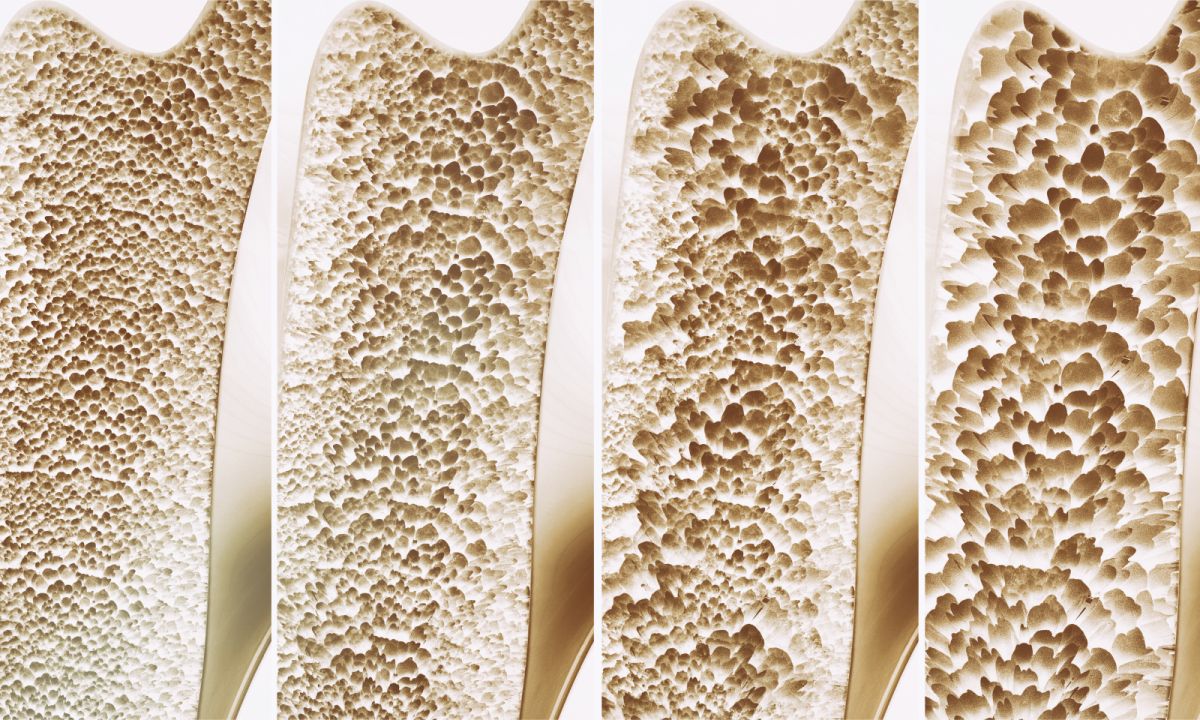Orthopedic ailments, typically pertaining to the musculoskeletal system, can be debilitating. From joint pain to muscle injuries, they can restrict mobility and diminish the quality of life. However, certain lifestyle changes can significantly reduce the risk of orthopedic conditions. This article aims to explore effective preventative measures, focusing on diet, exercise, harmful habits, consistency of activities, mental focus, and meditation.
A Balanced Diet: The Building Block

The role of diet in preserving orthopedic health can’t be overstated. It provides the nutrients necessary for bone and muscle growth, joint lubrication, and inflammation control.
To build and maintain a robust musculoskeletal system, incorporate foods rich in calcium (like milk, cheese, and leafy greens), Vitamin D (fatty fish, egg yolks), and protein (lean meats, lentils, and nuts) into your daily meals. These nutrients contribute to bone density and muscle strength.
On the other hand, try to avoid overly processed foods, excessive sugar, and high-sodium foods, which can lead to weight gain and inflammation, putting undue stress on your joints and bones.
Exercise: The Best and the Worst

Physical activity is crucial for orthopedic health, promoting joint flexibility, muscle strength, and bone density. Regular exercise can lower the risk of osteoporosis and arthritis, and improve overall mobility.
Weight-bearing exercises like walking, jogging, and resistance training can enhance bone density. For joint health, opt for low-impact exercises like swimming and cycling. Yoga and Pilates can help maintain flexibility and balance.
However, not all exercises are created equal. High-impact and repetitive motion activities such as long-distance running or heavy weightlifting can put excessive strain on your joints and increase the risk of injury. Always remember, moderation is key.
Lifestyle Choices: The Silent Culprits
Alcohol and tobacco consumption are silent destroyers of orthopedic health. Excessive drinking can interfere with your body’s ability to absorb calcium, leading to weaker bones. Smoking reduces blood supply to the bones, impedes bone-forming cells, and hampers the healing process post-injury. Moderation in drinking and quitting smoking can go a long way in preserving your orthopedic health.
Consistency of Activity: The Art of Balance
Staying active is vital, but it’s equally important to maintain a balance. Whether it’s sitting for prolonged periods or doing rigorous workouts without rest, extremes can be harmful. Incorporating a variety of activities—light, moderate, and vigorous—into your weekly routine can ensure a balanced workload on your musculoskeletal system, reducing the risk of strain or injury.
Mental Focus: The Mind-Body Connection
Orthopedic health isn’t solely about physical well-being; mental health plays a significant role too. Chronic stress can lead to muscle tension and pain, which may manifest as orthopedic issues over time.
Cultivate a positive mindset and coping mechanisms for stress. Engaging in hobbies, maintaining social connections, and ensuring adequate sleep can help foster mental well-being, contributing to better overall orthopedic health.
Meditation: The Healing Power

Meditation, a powerful tool for stress management, can also significantly benefit orthopedic health. Regular practice can reduce chronic pain, improve physical function, and promote the body’s self-healing processes. Mindfulness exercises, focusing on the body’s sensations, can help you become more aware of your posture and movement patterns, potentially preventing musculoskeletal issues.
The Impact of Hydration
The importance of proper hydration for maintaining orthopedic health should not be underestimated. Water plays a vital role in lubricating joints and providing nutrients to the cartilage. It helps in maintaining the right volume of blood and bodily fluids, enabling the transportation of nutrients to different parts of the body, including the bones and muscles. Aim for at least 8-10 glasses of water per day, or more if you engage in strenuous physical activities.
Preventive Health Checks

Lastly, regular preventive health checks can help in early detection and management of potential orthopedic issues. Routine examinations allow you to monitor your bone density, vitamin levels, and overall musculoskeletal health. If you have a family history of osteoporosis or other orthopedic conditions, these checks become even more critical.
Posture and Ergonomics: The Understated Guardians
Maintaining proper posture, whether sitting, standing, or moving, is crucial for protecting your spine and preventing orthopedic issues. Slouching or hunching can lead to spinal issues, neck pain, and lower back problems. Remember to keep your back straight, shoulders relaxed, and neck in a neutral position.
The importance of ergonomics, especially in the workplace, can’t be overstated. Use chairs that support the natural curve of your spine, and keep your keyboard and monitor at a comfortable level to prevent straining your neck and shoulders. If you spend a lot of time on the phone, consider using a headset to prevent straining your neck.
Importance of Proper Footwear
Choosing the right footwear is crucial, not only for foot health but also for the entire skeletal structure. Ill-fitting or unsupportive shoes can lead to a host of orthopedic problems, including foot pain, ankle sprains, and even issues in the knees, hips, and back due to improper alignment. Choose shoes that provide good arch support, cushioning, and are the right size for your feet.
Healthy Weight Management

Maintaining a healthy weight can significantly reduce the risk of developing orthopedic issues. Excess weight puts additional stress on your joints, particularly the knees and hips, increasing the likelihood of wear-and-tear and joint disorders like osteoarthritis. Adhering to a balanced diet and regular exercise regime can help manage your weight effectively.
While these strategies can be highly beneficial in preventing orthopedic conditions, they do not eliminate the possibility entirely. Injuries can still occur, and some people may be predisposed to certain conditions due to genetics. In such cases, visiting an orthopedic surgeon is essential for appropriate treatment.
Adopting these preventative measures can go a long way in maintaining your orthopedic health, but it’s equally important to listen to your body and seek professional help when necessary. After all, the goal is to enjoy a healthy, active, and pain-free life. Remember, the journey to orthopedic wellness is a marathon, not a sprint, and every step you take in the right direction counts.




